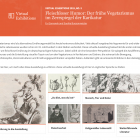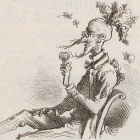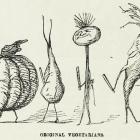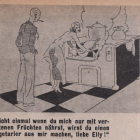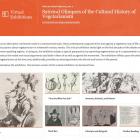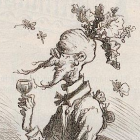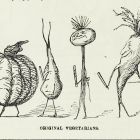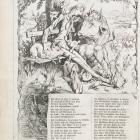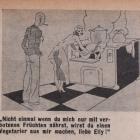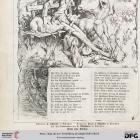“Being Dumped”
Michael Marder interprets the “toxic flood” we are living or dying through as a global dump. On his reading, multiple levels of existence—from the psychic to the physiological, from the environmental-elemental to the planetary—are being converted into a dump, a massive and still growing hodgepodge of industrial and consumer by-products and emissions; shards of metaphysical ideas and theological dreams; radioactive materials; light, sound, and other modes of sensory pollution; pesticides and herbicides; and so forth.




